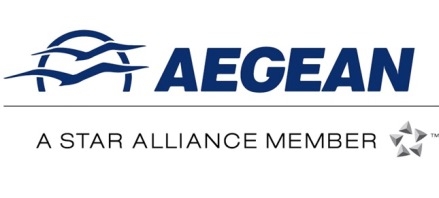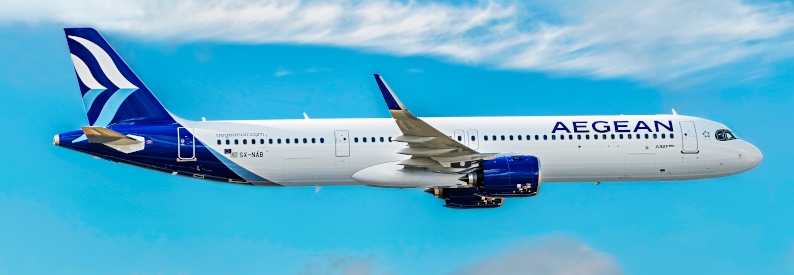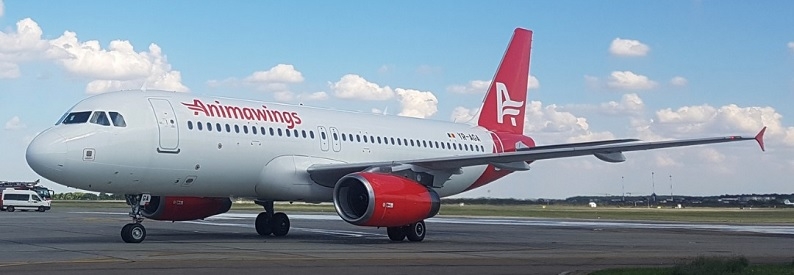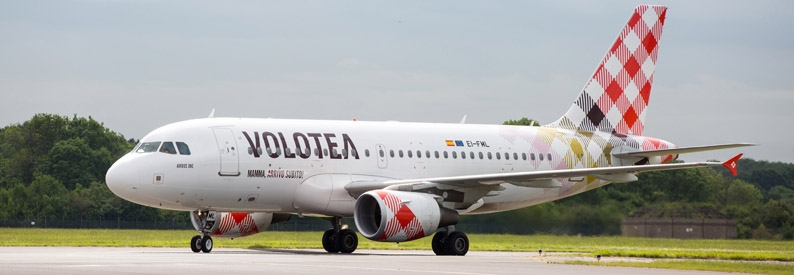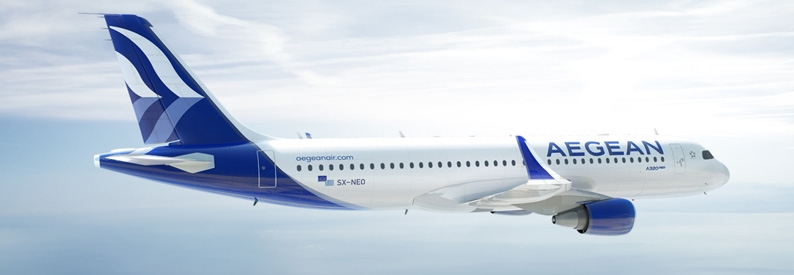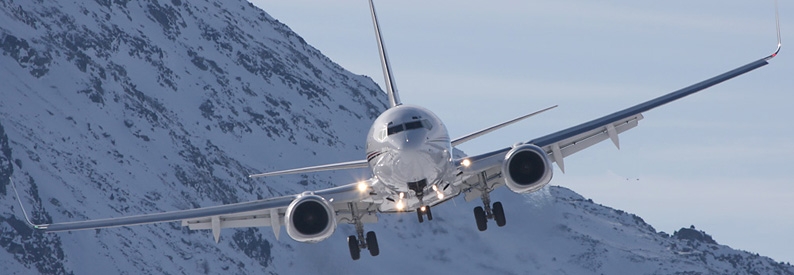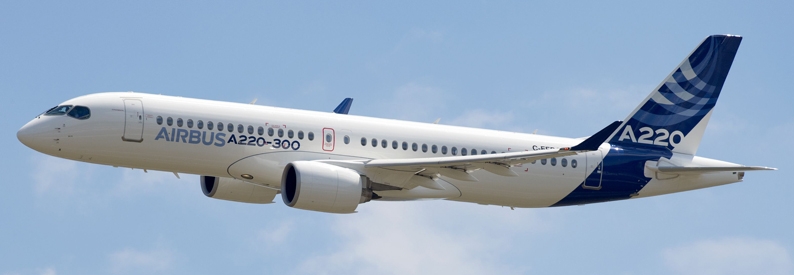The Greek government has announced a EUR115 million euro (USD127.65 million) aid package for the tourism-dependent country's ailing aviation industry.
A joint statement issued by the Ministries of Finance, Labour, and Transport said the assistance would come in various forms including tax breaks for flight and cabin crews as well as ground handling staff which will save airlines roughly EUR7.7 million (USD8.55 million) annually.
Value Added Tax (VAT) will also be reduced from the current rate of 24% to 13% for the remainder of the summer season. This will generate EUR30 million (USD33.3 million) in savings for airlines. Also, a co-work program worth EUR50 million (USD55.5 million) in employee social welfare contributions will be implemented for the period June 15 to December 31, 2020.
The state will also increase subsidies for flights to remote Greek islands that operated during the April/May period, over and above their existing PSO subsidisation, to the tune of EUR20 (USD22) per seat or EUR6 million (USD6.6 million) in total.
The move will benefit Greece's ailing airline sector which, aside from Aegean Airlines, includes Air Mediterranean, Astra Airlines, BlueBird Airways, Ellinair, Lumiwings, Olympic Air, Olympus Airways, orange2fly, and SKY Express (Greece).
Aegean said in a stock market filing last week that it will also seek EUR150 million (USD166.5 million) in loans from Greece's four largest banks - Alpha Bank, Eurobank, National Bank, and Piraeus Bank - under the auspices of the government's COVID-19 Enterprise Guarantee Fund. Aegean said that under the programme, the state guarantee is set at 80% for loans lasting up to five years and up to 25% of an applicant's operational turnover. The carrier's application - EUR150 million - amounts to 11% of its annual turnover and will be used to primarily support wages.
"The main measure concerns employee support," it said. "The program ensures partial coverage (60%) of income loss through December 31, 2020, in the case of reduced employment (Co-Work). Similar programs exist across the EU, with most, especially in Northern Europe, providing significantly greater support for employer labour costs. These measures must be continued and evolved, and it is necessary to extend their validity until the beginning of the 2021 tourist season."
